Record Labels & RIAA Sue AI Company Behind “BBL Drizzy”
On Monday, June 24, the Recording Industry Association of America (RIAA) announced the filing of two copyright infringement lawsuits against AI music generation services, Suno and Udio. Udio’s AI tool was used to create Metro Boomin’s Drake diss track, “BBL Drizzy.” The plaintiffs in the lawsuit include major record labels Sony Music, Warner Records, and Universal Music Group, who allege that Udio and Suno infringed on copyrighted sound recordings by copying and exploiting them without permission.
Users often turn to programs like Suno and Udio to create AI-generated music. During a heated rap battle between Kendrick Lamar and Drake that began in March, Metro Boomin and Drake had their own feud. Capitalizing on Rick Ross’ insulting nickname for Drake, “BBL Drizzy,” Metro Boomin sampled an AI-generated track with the same name, turning the moment into a contest. He promised $10,000 and a free Metro beat to the best verse on the soulful 1970s-style production, with a runner-up also receiving a free beat. A winner has yet to be announced.
The original AI track was created by comedian and AI creator Will “King Willonius” Hatcher. The song includes a hook poking fun at Drake’s allegedly augmented backside, inspired by Rick Ross’ claim that Drake had undergone body enhancements.
AI-Generated Music Stirs Controversy in Hip-Hop
The use of AI in music is a contentious issue among rap fans, with opinions varying widely. Some embrace it, like GHOST, who created the controversial Drake and The Weeknd AI track “Heart on My Sleeve” in 2023. Others, like producer Guru, view it as dangerous. This year, Drake used AI voices of Tupac Shakur and Snoop Dogg in his Kendrick Lamar diss “Taylor Made Freestyle.” While AI represents a sign of the changing times, it also poses a threat to the livelihood of artists whose music is being infringed upon by AI. As more companies like Suno and Udio join the AI music bandwagon, the music industry continues to fight for its artists’ rights.
Udio Releases Statement Following Lawsuit
A day after the RIAA announced the lawsuits, Udio released a statement on X (formerly known as Twitter). The company did not directly address the lawsuit but stood by their technology.
“Today, we’d like to share some thoughts on AI and the future of music,” the statement read. “In the past two years, AI has become a powerful tool for creative expression across many media—from text to images to film, and now music. At Udio, our mission is to empower artists of all kinds to create extraordinary music. In our young life as a company, we have sat in the studios of some of the world’s greatest musicians, workshopped lyrics with up-and-coming songwriters, and watched as millions of users created extraordinary new music, ranging from the funny to the profound.”
Udio acknowledged that Metro Boomin sampled the AI-generated track “BBL Drizzy.” “We have heard from a talented musician who, after losing the ability to use his hands, is now making music again,” the statement continued. “Producers have sampled AI-generated tracks to create hit songs, like ‘BBL Drizzy,’ and everyday music-lovers have used the technology to express the gamut of human emotions from love to sorrow to joy. Groundbreaking technologies entail change and uncertainty.”
“We stand behind our technology and believe that generative AI will become a mainstay of modern society,” they added.
Suno Responds to Lawsuit
Suno CEO Mikey Shulman criticized the record labels’ approach in a statement obtained by Music Business Worldwide, suggesting they relied on an “old lawyer-led playbook” instead of having a discussion with the company.
“Suno’s mission is to make it possible for everyone to make music,” Shulman said. “Our technology is transformative; it is designed to generate completely new outputs, not to memorize and regurgitate pre-existing content. That is why we don’t allow user prompts that reference specific artists.”
He asserted that Suno attempted to engage in a “good-faith discussion” with the labels before the lawsuit was filed. “We would have been happy to explain this to the corporate record labels that filed this lawsuit (and in fact, we tried to do so), but instead of entertaining a good faith discussion, they’ve reverted to their old lawyer-led playbook,” he added. “Suno is built for new music, new uses, and new musicians. We prize originality.”
RIAA Fires Back at Udio
On Wednesday, June 26, RIAA responded to Udio’s statement on X, accusing the company of constructing an alternate reality.
“If there is any takeaway from Udio’s meandering ‘response,’ it is that Udio is attempting to construct an alternate reality where being pro-artist means stealing artists’ work for profit,” the statement began. “In the reality everyone else is living in, artist advocate groups oppose what Udio is doing and strongly support these lawsuits. Supporting real creativity means getting permission before using someone’s work and developing technology that partners with and supports human artists instead of cutting them out and replacing them. Music companies have already struck multiple partnerships with startups, entrepreneurs, and others with responsible applications of AI.”
RIAA then called out Udio for admitting they copied music: “There is one surprising note of agreement: Udio now seems to admit their model copied ‘a large collection of recorded music.’ That’s a startling admission of illegal and unethical conduct, and they should be held accountable.”
Share this content:

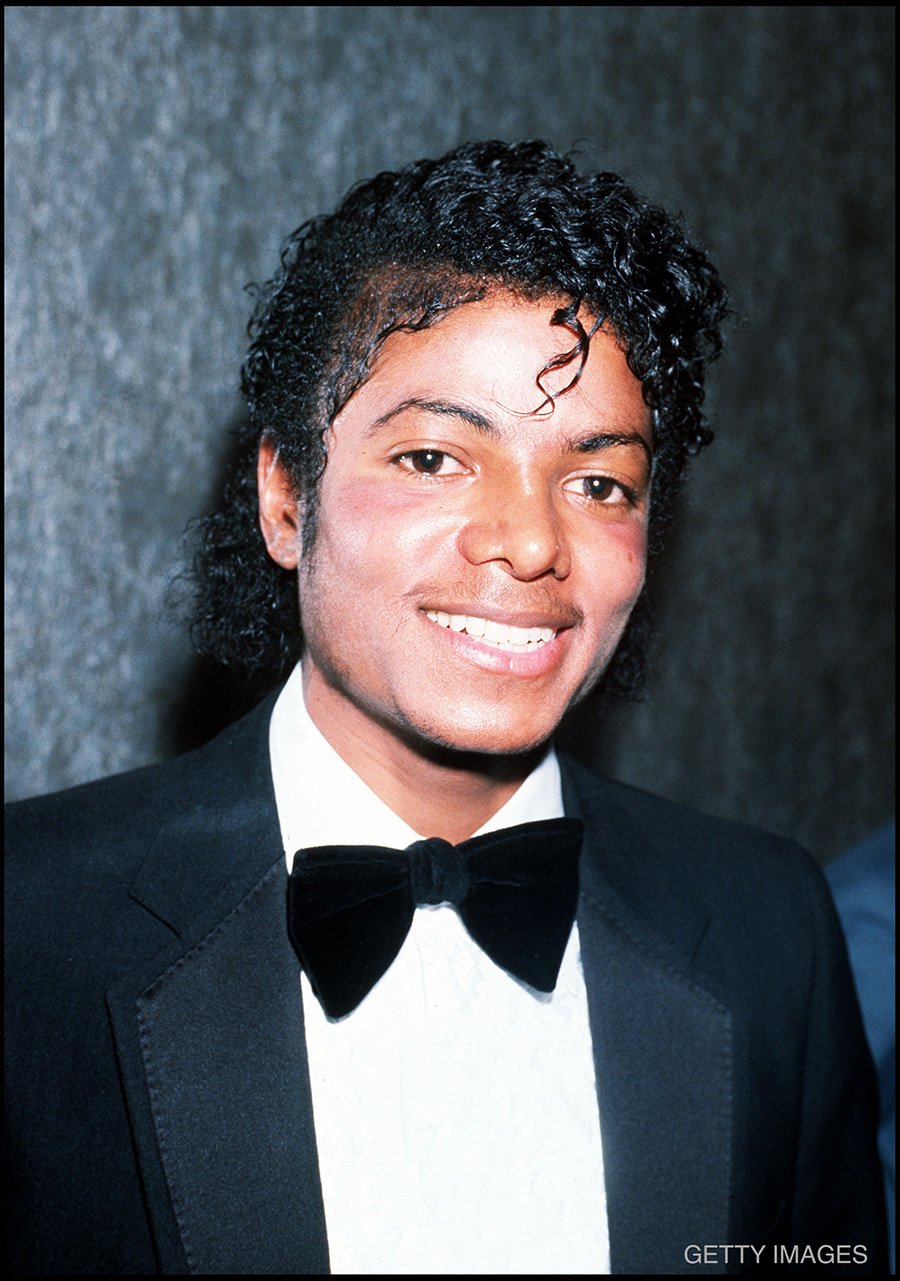

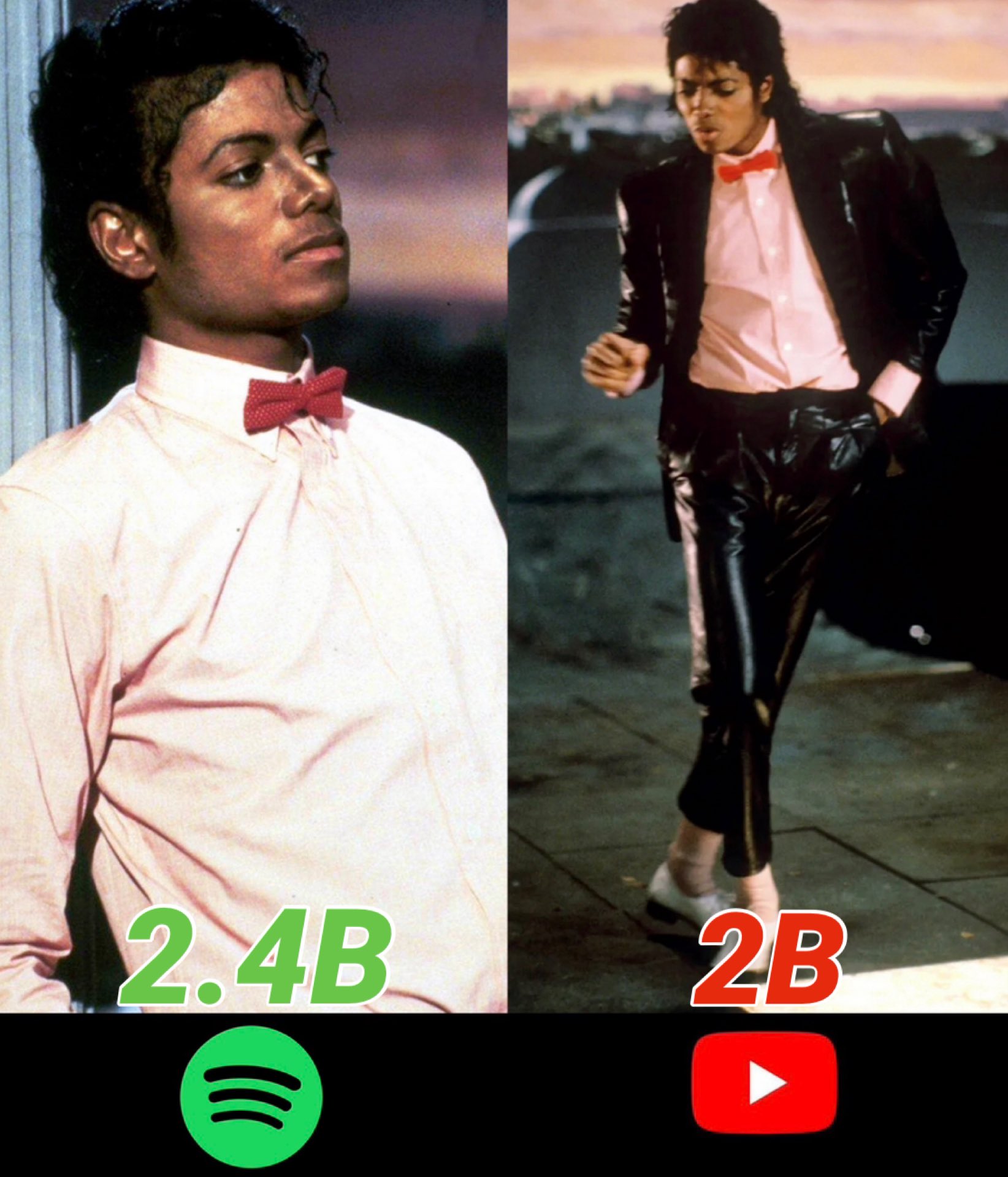
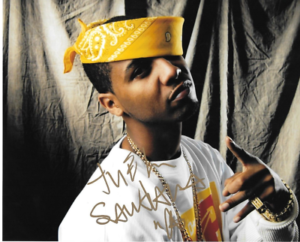


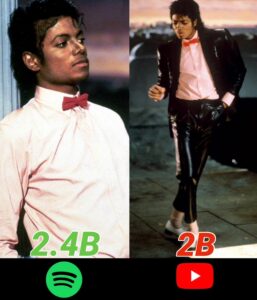
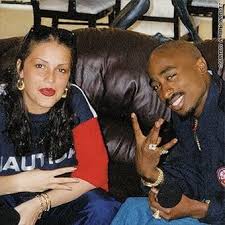

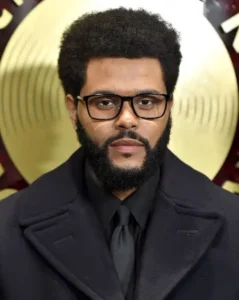

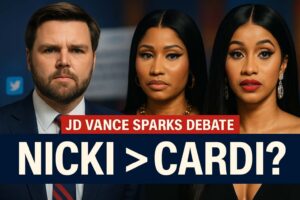

Post Comment